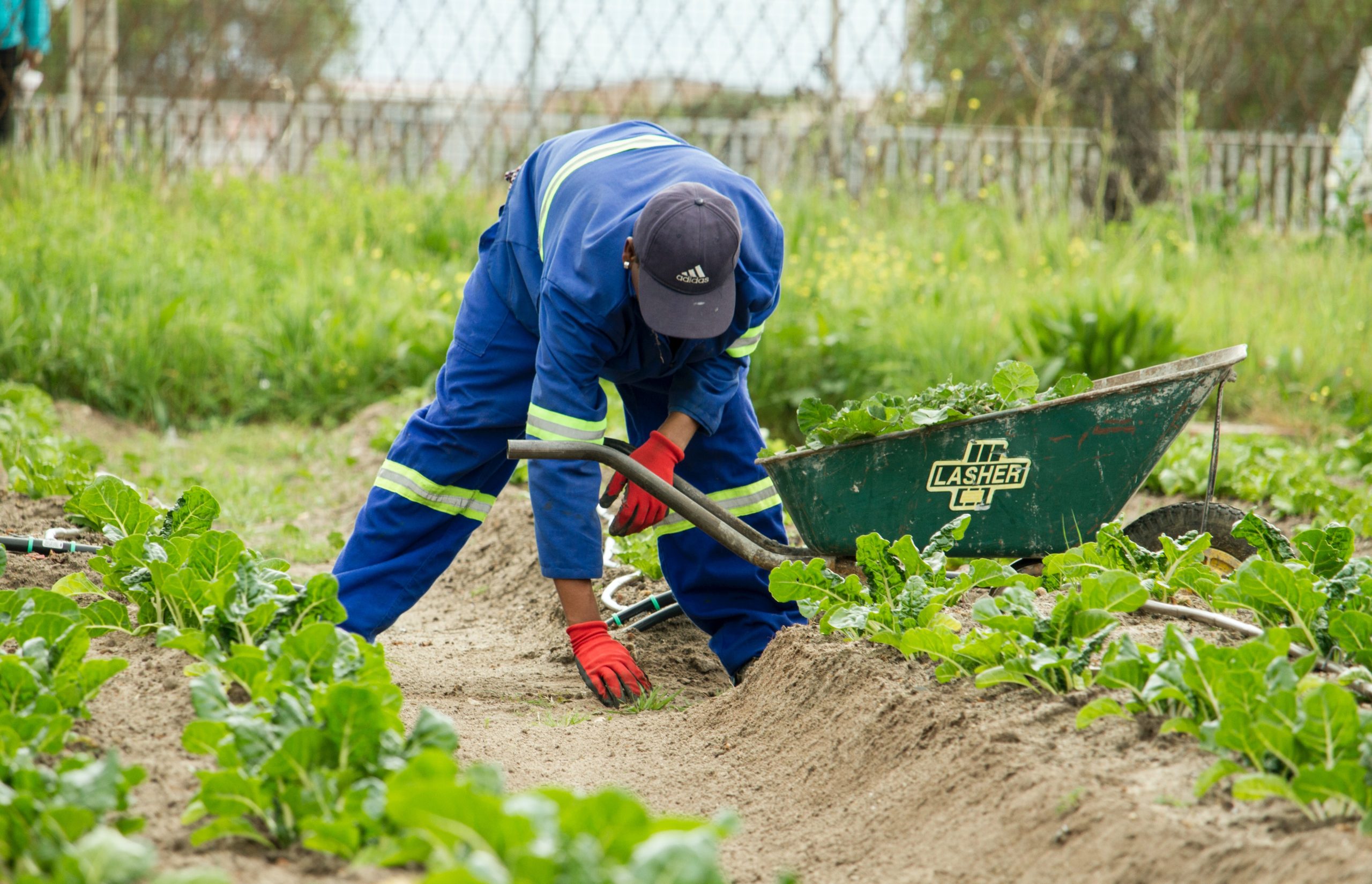Work feeds our families. It gives us purpose. It allows us to shape the world through the planting and harvesting of a crop, the construction of a building, the delivery of goods, the advising of a client, or the painting of a picture. We teach our children to work hard, to engage in an honest day’s work for an honest day’s wage. We teach them to volunteer their time and effort on behalf of others. At its best, work builds character – engaging and stretching our minds and muscles.
At its worst, work becomes slavery. Forced labor is work that someone makes you do by applying force, fraud, or coercion. Isolation, deprivation of necessities, surveillance, threats, intimidation, use of weapons, beatings, blackmail, false promises, and engagement of the government or law enforcement against a victim are all methods that traffickers use to obtain and maintain victims so that the trafficker can profit from the exploitation of another. In Texas alone, at any given time, there are 234,000 victims of labor trafficking being robbed of hundreds of millions of dollars.
Victims of labor trafficking in the United States include U.S. citizens, people here legally on temporary or permanent visas, and undocumented workers from around the world. They include children and adults and they span industries. Polaris’ 25 Typologies of Trafficking lists 18 types of labor trafficking among the 25 most common types of calls they receive to the National Human Trafficking Hotline, including hospitality, animal husbandry, domestic servitude, traveling sales, manufacturing, and agriculture. But even this list is not exhaustive.
Traffickers do not require a particular region of the country, industry, or set of inputs to prosper. They require a vulnerable population that can be put to work through force, fraud, or coercion for the benefit of the trafficker. Traffickers prey on desperate people imperiled by poverty, war, crime, natural disaster, medical emergencies, an inability to care for their families, lack of legitimate work, or prior bad experiences with law enforcement or the system. People are willing to endure a great deal of abuse or exploitation if it means their families will eat and survive into the weeks to come.
Univision recently completed an undercover investigation into labor trafficking in the potato industry in North Texas that has led to criminal charges against several employees of Larsen Farms. They discovered that hundreds of workers had been charged thousands of dollars in illegal recruitment fees by farm supervisors for “the privilege” of obtaining H2A visas for temporary agricultural work. Those same workers talked about working 18 to 20-hour days, employer violence and surveillance, threats to terminate visas when asking for a break or medical care, and living and working in substandard conditions. These workers entered the United States through the legal visa process, yet still found themselves at the mercy of traffickers working to exploit the system’s blind spots to their own advantage. They stayed and often returned for multiple seasons of abuse to provide for and protect family in their home countries.
While trafficking is a hidden crime by nature, labor trafficking is nearly invisible to the communities in which it is occurring because it masquerades as a civil labor dispute or immigration issue. It is easier to look away from adult victims particularly ones that do not look, sound, or come from the same backgrounds as we do. You are here reading this today, clinking the links, and beginning to understand the stories and the depth of the crimes being committed. Do not stop. Keep learning. Keep focused. Your commitment to justice matters.
Learn more about identifying victims and reporting by reviewing red flags for labor trafficking on our Resources page.
Number One: Basics Series




